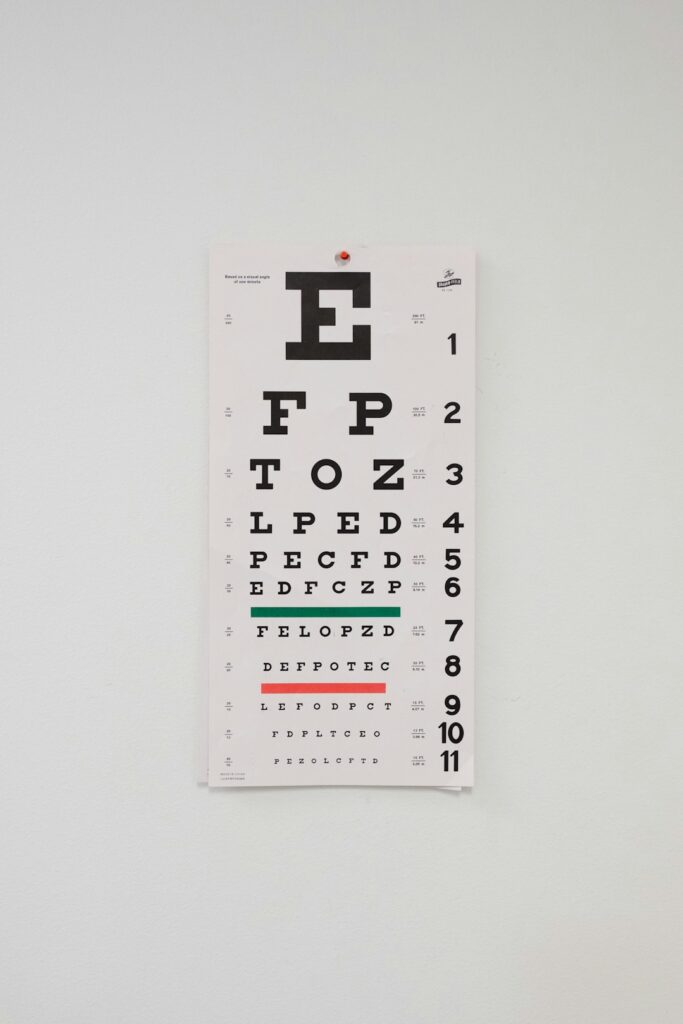Vision is a fundamental part of how we experience and interact with the world, but for some individuals, standard eye examinations don’t always reveal the full picture. This is where behavioural optometry steps in. In Brisbane, an increasing number of families are turning to behavioural optometrists for a more comprehensive approach to eye care, especially when it comes to learning difficulties, reading challenges, and visual processing concerns.
Unlike traditional optometry, which focuses primarily on diagnosing and correcting refractive errors like short-sightedness or astigmatism, behavioural optometry takes a broader view. It considers how the eyes and brain work together, and how that relationship affects a person’s ability to perform everyday tasks. This holistic approach is particularly helpful for children who struggle with reading, attention, or coordination, even when their eyesight appears normal.
Many behavioural optometrists in Brisbane work with patients who have no obvious vision problems but still experience difficulties with tasks that require visual attention. These could include frequent headaches after school, skipping lines while reading, or general fatigue during close work. By assessing eye tracking, focusing abilities, and visual-motor integration, behavioural optometrists can uncover issues that standard tests might miss. A qualified behavioural optometrist brisbane can tailor a vision therapy programme to target these specific needs, often making a considerable difference in a child’s academic and social development.
Adults can also benefit from behavioural optometry, particularly those who have suffered concussions, strokes, or other neurological events. Post-trauma visual complications can affect balance, depth perception, and the ability to process visual information. With the right support, many adults are able to regain functional vision and improve their quality of life.
The process typically begins with a comprehensive visual assessment that goes beyond the standard eye chart. This may include tests for eye teaming, visual memory, and spatial awareness. Based on the findings, the optometrist might recommend glasses with specialised lenses or vision therapy exercises to be done both in the clinic and at home. These therapies are often designed to retrain the visual system, helping it to function more effectively and in harmony with other sensory inputs.
For those seeking more information about how this approach could help them or a family member, the resources available at this Brisbane-based vision care site offer valuable insight into what to expect from behavioural optometry and how to get started.
In a world where visual demands are increasing, especially through screen time and digital learning, understanding the full spectrum of visual health is more important than ever. Behavioural optometry provides an avenue for uncovering hidden visual issues and improving the way people of all ages see and engage with the world around them.






